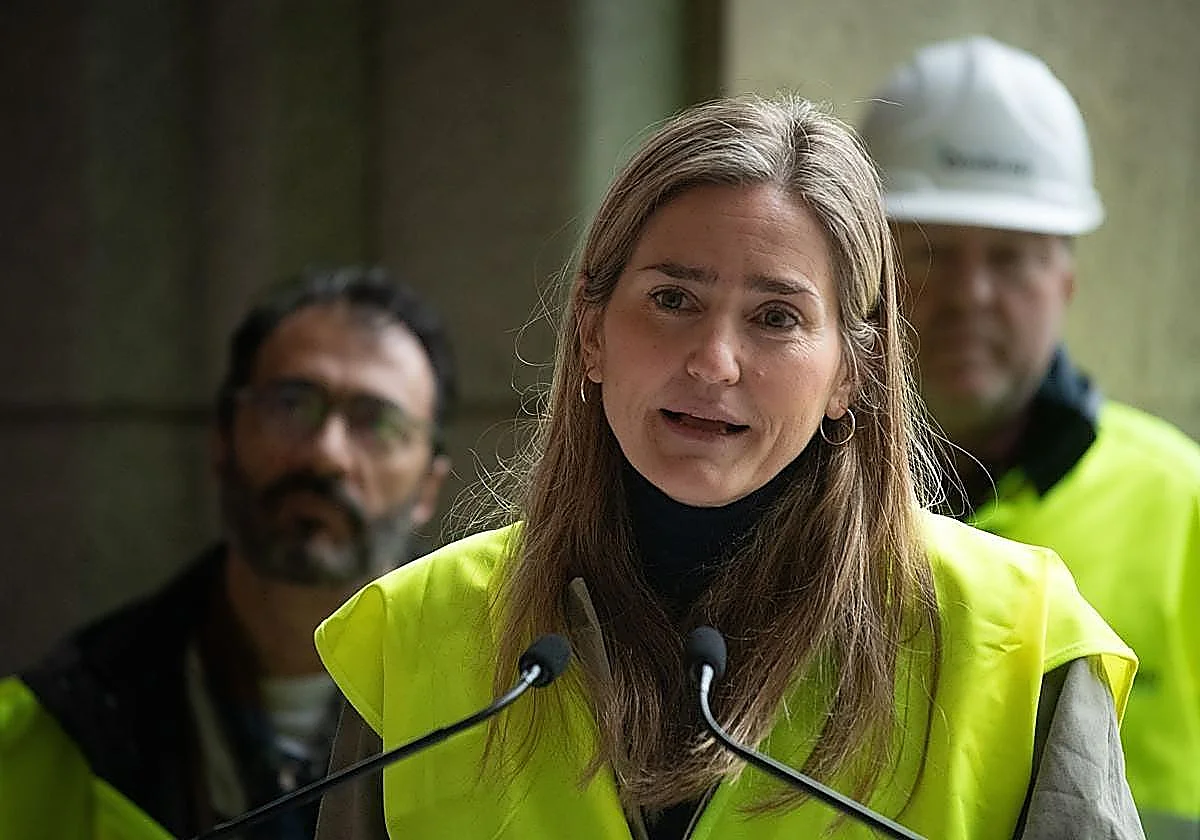Berlin, May 17, 2024, The Europe Today: Deutsche Umwelthilfe (DUH), known in English as Environmental Action Germany, secured a significant legal victory against the German government in the Higher Administrative Court of Berlin-Brandenburg on Thursday. The court upheld DUH’s lawsuits which contended that current federal measures to reduce CO2 emissions are inadequate and fail to meet the government’s legally binding targets for upcoming years.
Outside the court building, DUH members held a protest, displaying banners and pictures of government officials alongside placards featuring quotes from concerned citizens. “Numerous people voiced support for the lawsuit ahead of time and demanded sufficient climate protection measures. We are taking all of their statements with us, both outside and inside the court,” DUH stated online.
The environmental advocacy group sued for a robust climate protection program across various sectors, including industry, traffic, energy, economics, building, and agriculture. In a separate lawsuit, DUH demanded that the government meet climate goals specifically in the land use sector. These lawsuits were grounded in the German government’s CO2 emissions targets, which another German court previously ruled as legally binding.
The law mandates a reduction of total CO2 emissions by at least 65% by 2030, compared to 1990 levels. Although emissions were 46% lower in 2023 than in 1990, experts question whether the remaining reductions can be achieved within the deadline.
Despite government attempts to amend the existing law potentially rendering this trial irrelevant, the court emphasized that current efforts were not pertinent to the case at hand, affirming the validity of the existing laws. The federal government has the option to appeal to the Federal Administrative Court, which could delay the judgment.
DUH criticizes the government’s measures as being too vaguely formulated and calls for a revision. “Instead of always just talking about climate protection, we need concrete, feasible, and rapidly implementable measures,” said DUH head Jürgen Resch to the German news agency DPA on Thursday. DUH’s proposals include a nationwide 100-kilometer per hour speed limit on the autobahn, which currently has no speed limits in some sections, and lower speed limits on rural and urban roads. They also suggest ending subsidies for fuel-inefficient company cars.
In the construction sector, DUH advocates for environmentally conscious renovations of public buildings, such as schools, likely focusing on improved insulation and other sustainability measures.
A legal representative for the federal government argued that DUH’s lawsuit risked conflating a “political program” with a “concrete plan.” This echoes a November 2023 ruling where a German court found that the federal government had failed to achieve climate goals in the transportation and building sectors, siding with climate protection groups.
As the government considers its next steps, this ruling marks a crucial moment in the fight for more stringent and actionable climate policies in Germany.














